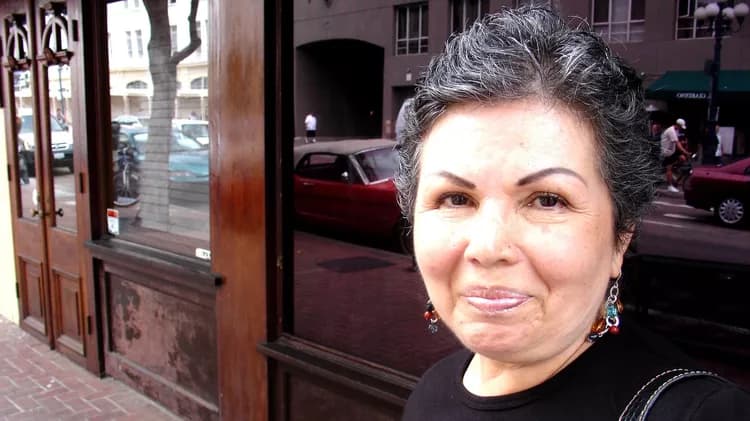
Breast Cancer Update: Sentinel Node Biopsy Guidelines Encourage 'Less Is More' Approach
New recommendations from breast cancer experts on sentinel lymph node biopsy reinforce the most recent "less-is-more" guidelines for early-stage disease. But a Fred Hutch researcher who helped create the guidelines said many surgeons still perform full lymph node dissection routinely.
"The new guidelines, first established in 2014, seem to have been embraced within academic centers and larger hospitals and cancer centers, but compliance is still quite variable elsewhere," said Dr. Gary Lyman, first author of the new set of recommendations, published in the Dec. 12 issue of the Journal of Clinical Oncology.
Sentinel node biopsy is a surgical procedure used in evaluating patients and planning treatment for early-stage breast cancer. The new guidelines echo a more conservative approach first recommended in 2014 where surgeons were advised NOT to automatically harvest all lymph nodes if cancer was found in a sentinel node. This was a dramatic shift from 2005's recommendation that surgeons use sentinel node biopsies to stage the cancer and then go on to perform axillary lymph node dissection, removing all lymph nodes under the patient's arm (or arms) if any disease was found in the sentinel node.
"In smaller hospitals, particularly in rural areas, many women are still being told they need a full axillary dissection. There are economic issues, geographic issues and education issues for both clinicians and patients," said Lyman, a Fred Hutch researcher, breast cancer oncologist and co-director of HICOR.
Research by Lyman and others led to the dramatic change in recommendations over the past decade.
Now surgeons are advised to forego routine axillary lymph node dissection in most women with no evidence of cancer on sentinel node biopsy or if cancer is found in only one to two sentinel nodes. As a result, the majority of women receiving lumpectomy and whole breast radiation can also forego a full lymph node dissection. This is important because axillary lymph node dissection can have a dramatic effect on patients' quality of life, leading to lymphedema, infections, reduced range of motion and other painful and costly side effects.
"There are cautions. The sentinel node biopsy has to be well-conducted, the tumor should not be greater than 5 centimeters in size, and there should be no other major risk factors. However, approximately two thirds of women meet these criteria," Lyman said. "Full removal is always an option, and some women want to have all of the lymph nodes taken out. But given the down side of the full axillary dissection in terms of quality of life and possible complications, many women who have a lower risk say, 'I want to avoid those problems.'"
Sentinel node biopsies are done on early-stage breast cancer patients to stage their cancer and determine if it has infiltrated the lymph node system, a common signal of cancer spread.
Lyman is a major policymaker for ASCO, the American Society of Clinical Oncology. He is also a thought leader in the field of value-based cancer care and precision oncology. Working with many other colleagues, this longtime researcher helped pioneer sentinel lymph node biopsy in breast cancer patients 20 years ago and has been instrumental in shaping policy for breast cancer treatment and surgery ever since.
Materials provided by Fred Hutchinson Cancer Research Center. Note: Content may be edited for style and length.
Disclaimer: DoveMed is not responsible for the adapted accuracy of news releases posted to DoveMed by contributing universities and institutions.
Primary Resource:
Lyman, G. H., Temin, S., Edge, S. B., Newman, L. A., Turner, R. R., Weaver, D. L., ... & Hayman, J. (2014). Sentinel lymph node biopsy for patients with early-stage breast cancer: American Society of Clinical Oncology clinical practice guideline update. Journal of Clinical Oncology, 32(13), 1365-1383. DOI: 10.1200/JCO.2016.71.0947
Related Articles
Test Your Knowledge
Asked by users
Related Centers
Related Specialties
Related Physicians
Related Procedures
Related Resources
Join DoveHubs
and connect with fellow professionals

0 Comments
Please log in to post a comment.